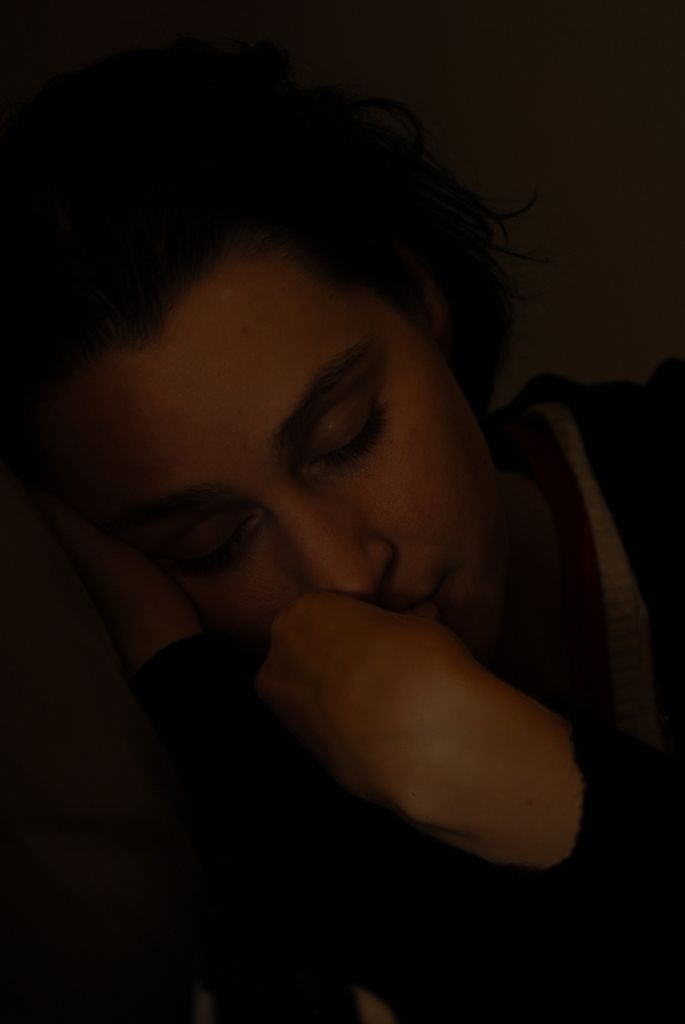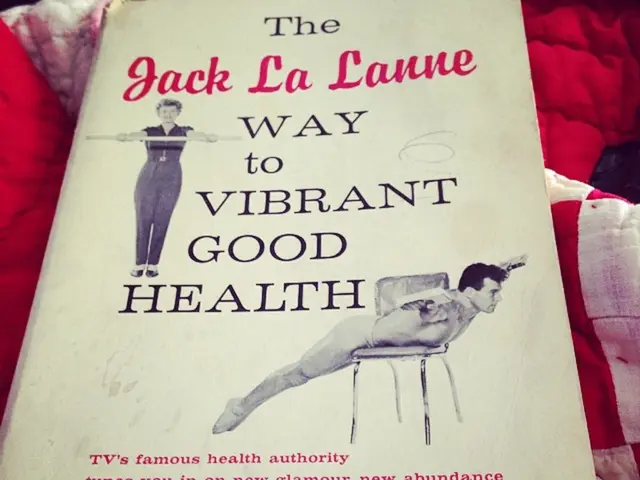Sleep Quality Affecting Health: Is Poor Sleep Harmful?
Snoozing Less: The Hidden Dangers
In today's fast-paced world, getting a good night's sleep has become almost a luxury. Everywhere you look, there are people struggling with their zzz's! It's no wonder that with so many chronic illnesses linked to poor sleep, plenty of folks say they only need a few hours of shut-eye and consider that sufficient.
There are numerous factors that can affect the quality and quantity of our sleep, but we'll focus on the ones we can control with some determination and persistence to make it a beneficial routine for our health.
First to come to mind is arguably the most controversial due to its addictive nature. Household electronics. Our smartphones and devices have become an integral part of our daily routines—and unfortunately, we're often exposed to the blue light they emit, not just from mobile devices but also from LED TVs and LED lights used for indoor illumination. We're surrounded by blue light in our homes! Various studies suggest that blue light interrupts our sleep cycle and may contribute to health issues.
It's well-known that not sleeping enough can negatively impact both physical and mental health. Staying up late can even affect our attention, behavior, and cellular recovery during sleep. When it comes to screens and sleep, there are a few things to keep in mind:
What is Blue Light?
Not all light colours have the same effect. Blue light, which boosts attention, reaction times, and mood during the day, has been found to be particularly disruptive at night. With the proliferation of electronic devices with screens, as well as energy-efficient lighting (LED), our exposure to blue light has been increasing, especially after sunset.
According to some medical studies, exposure to blue light suppresses melatonin secretion, a hormone that influences circadian rhythms. Even dim light can interfere with the circadian rhythm and melatonin secretion in a person.
Blue Light and Sleep Disruption
While any light can suppress melatonin secretion, blue light does so more potently at night. Researchers from Harvard and their colleagues conducted an experiment comparing the effects of six and a half hours of exposure to blue light to the exposure to green light of similar brightness. Blue light suppressed melatonin for approximately twice as long, and shifted circadian rhythms by about double (three hours compared to 1.5 hours).
LED Lighting Exposure
If blue light has adverse health effects, then environmental concerns and the search for energy-efficient lighting may conflict with our personal health. Compact fluorescent light bulbs and LED lights are much more energy-efficient than the old incandescent bulbs we grew up with, but they tend to emit more blue light.
The physics of fluorescent lights can't be changed, but the coatings inside the bulbs can be altered to produce a warmer, less blue light.
Protecting Ourselves from Blue Light at Night
- Use low-intensity red lights for nighttime illumination. Red light is less likely to interfere with the circadian rhythm and suppress melatonin.
- Avoid bright screens for two to three hours before bedtime.
- If you work on a night shift or use many electronic devices at night, consider using blue light-blocking glasses or an app that filters out blue/green light at night.
- Expose yourself to lots of bright light during the day, which will increase your ability to sleep at night, as well as improve your mood and daytime alertness.
- Avoid blue light from devices for at least one or two hours before bedtime.
- Make sure there's no device emitting blue light in your bedroom!
- Be consistent with your sleep routine
- If you slip up occasionally, forgive yourself and stick to your routine that works for you.
Better Sleep, Enhanced Health
- Establish regular sleep habits—go to bed at the same time every night and wake up at the same time every morning, even on weekends, easy peasy!
- Get enough natural light, especially early in the day. Try taking a walk in the morning or around lunchtime.
- Engage in enough physical activity during the day. Avoid exercise close to bedtime.
- Minimize artificial light, especially closer to bedtime. Use a blue light filter on your computer or smartphone.
For more information on good sleep and its effects on health, check out these resources from the Harris County Public Library. We have a vast selection of books in Spanish.
FIRST SLEEP, THEN DREAM/PRIMERO DORMIR, DESPUÉS SONAR
FIRST SLEEP, THEN DREAM/PRIMERO DORMIR, DESPUÉS SONAR
ZZZ... the dream book/ZZZ... el libro del sueño
ZZZ... the dream book/ZZZ... el libro del sueño
Wake Up to What's Next/Wake Up to What's Next
Wake Up to What's Next/Wake Up to What's Next
Trouble Sleeping? A Guide to Better Rest/Si Tienes Problemas para Dormir: Tienden a Prescribir Drogas, Pero Existen Otras Formas Más Saludables de Relajarse y Aviar el Sueño
Trouble Sleeping? A Guide to Better Rest/Si Tienes Problemas para Dormir: Tienden a Prescribir Drogas, Pero Existen Otras Formas Más Saludables de Relajarse y Aviar el Sueño
When You Wake Up in the Night and Can't Go Back to Sleep/No podes dormir de noche? Aquí te daremos consejos para volver a dormir
When You Wake Up in the Night and Can't Go Back to Sleep/No podes dormir de noche? Aquí te daremos consejos para volver a dormir
And remember, always prioritize your health by consistently placing yourself first!
- Furthermore, consistent lack of sleep can significantly impact both physical and mental health, including attention, behavior, and cellular recovery during sleep.
- In line with this, managing blue light exposure from household electronics, particularly before bedtime, can contribute to maintaining a healthy sleep routine, thereby benefiting overall health-and-wellness and mental-health.








